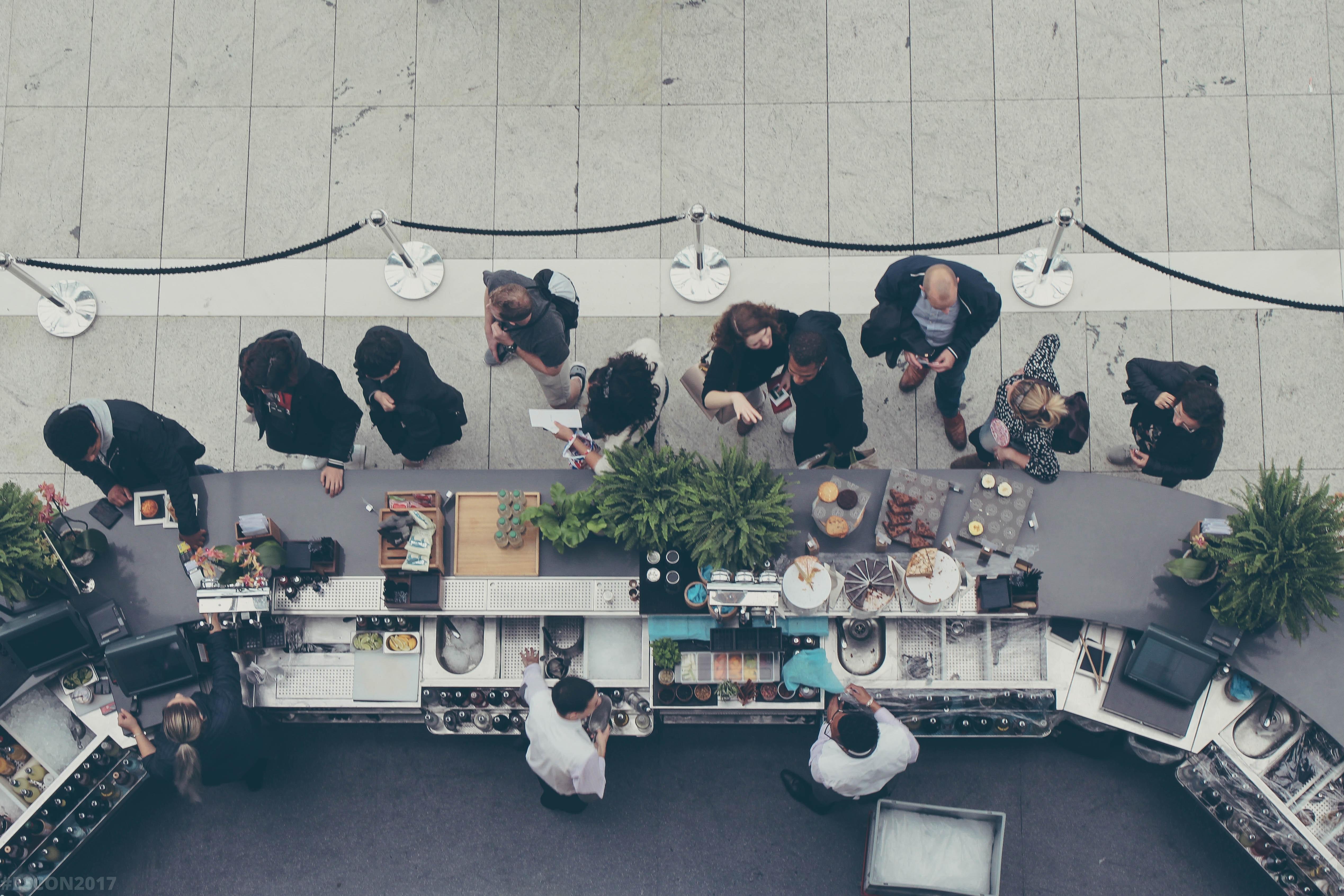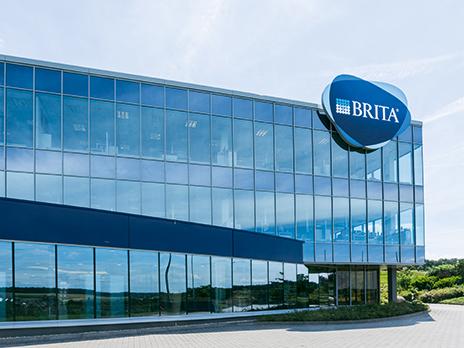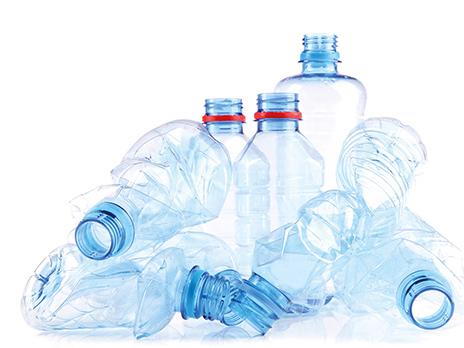Notably, it’s not just the younger generations that have strong health and eco-conscious expectations of the sector. From single-use plastics and displaying food mileage to calorie labelling on menus, women are significantly more likely to visit restaurants and cafés that tick these boxes. Our survey found that:
Key findings:
- Almost two thirds (63%) of women are more likely to choose to go to a café or restaurant if it has a commitment to reducing its reliance on single-use plastic, compared to 51% of men;
- 39% of women are also more likely to go to a café or restaurant if the food mileage of different dishes and products are displayed versus 30% of men; and
- 34% of women are more likely to go to a café or restaurant if it has calorie labelling on the menu compared to just 24% of men.





